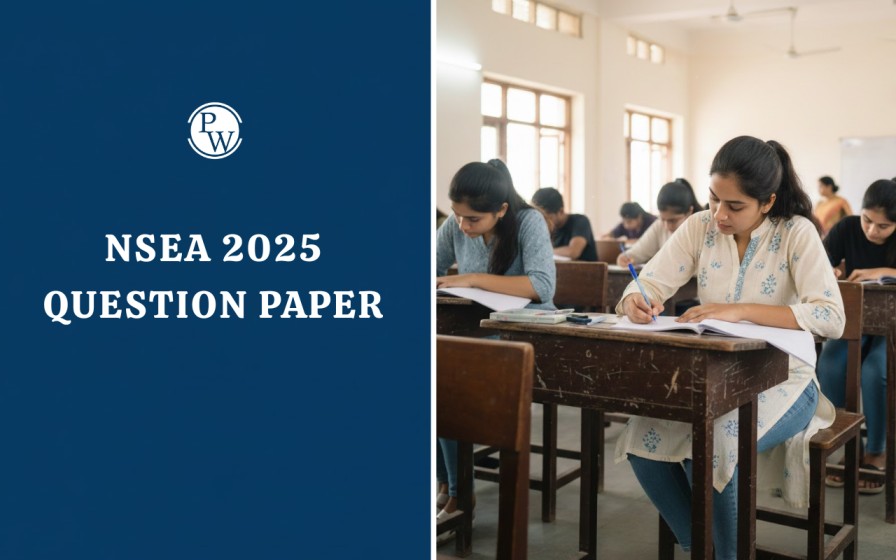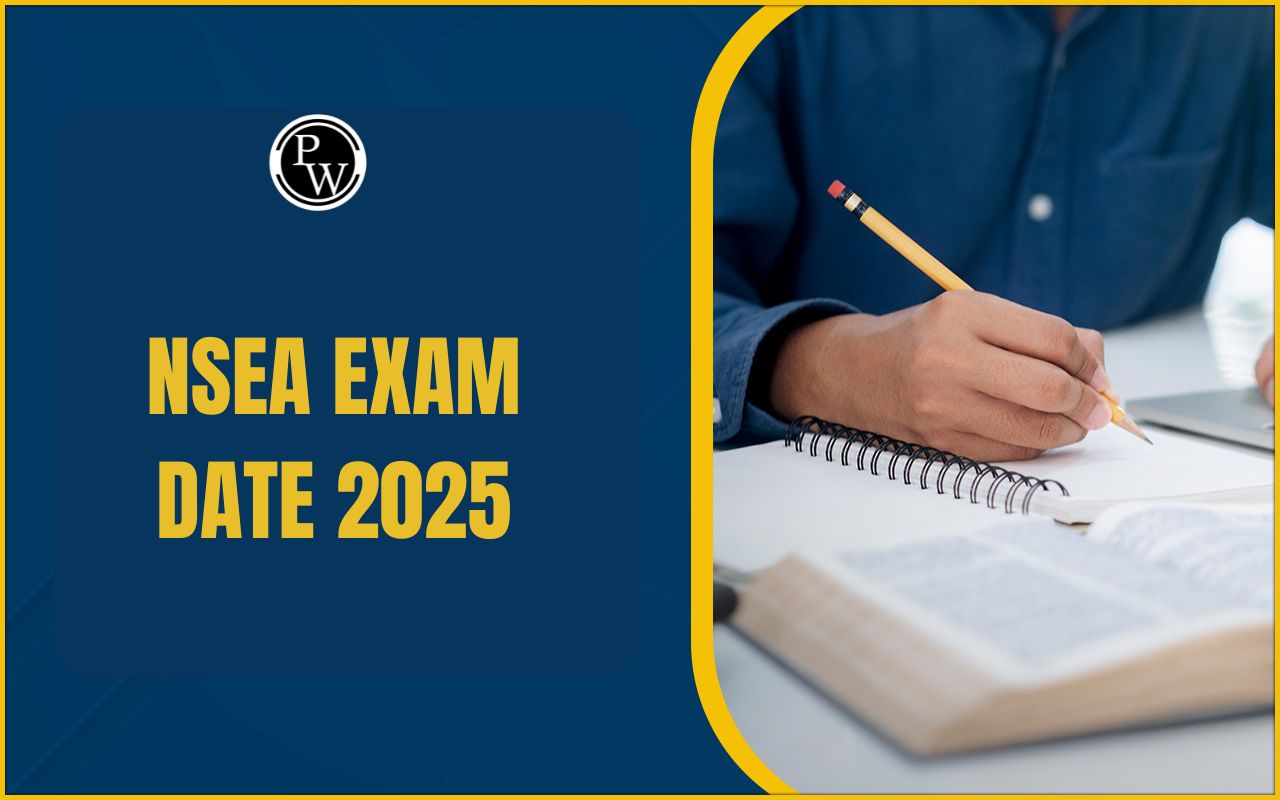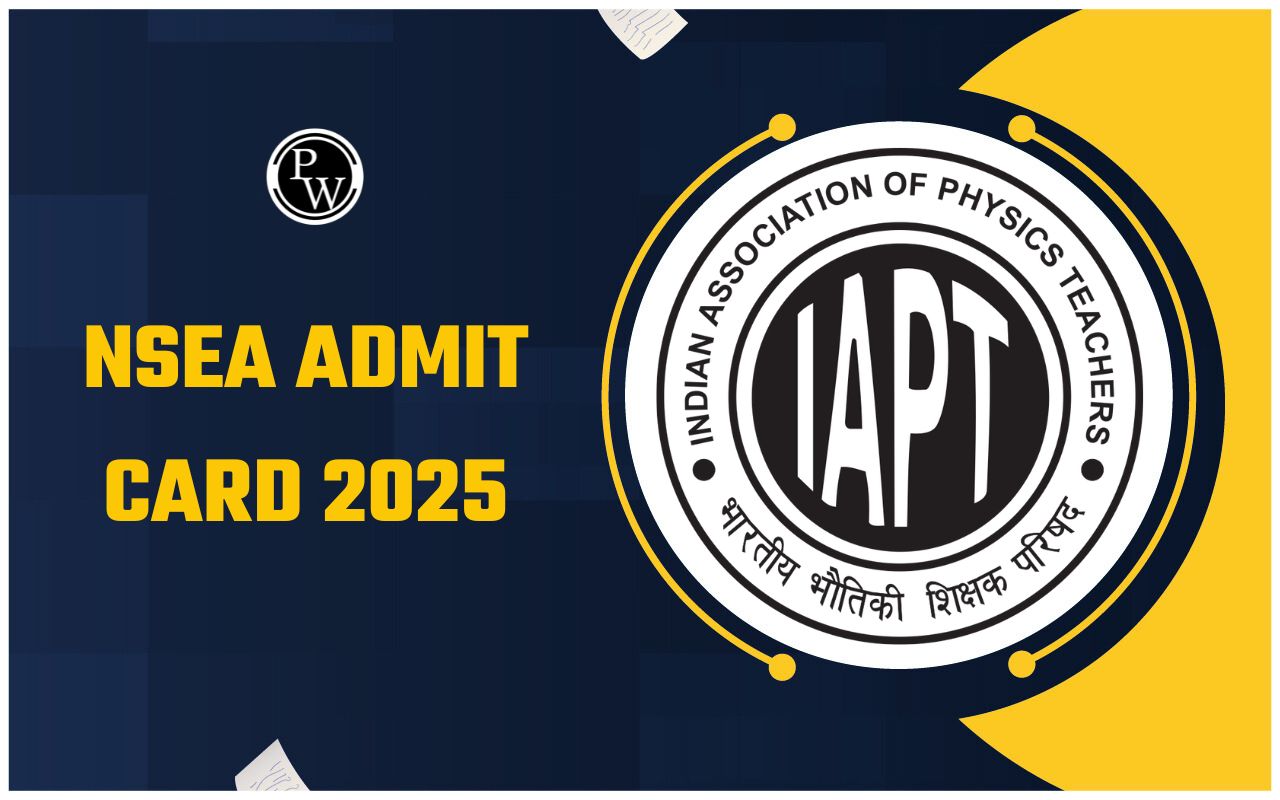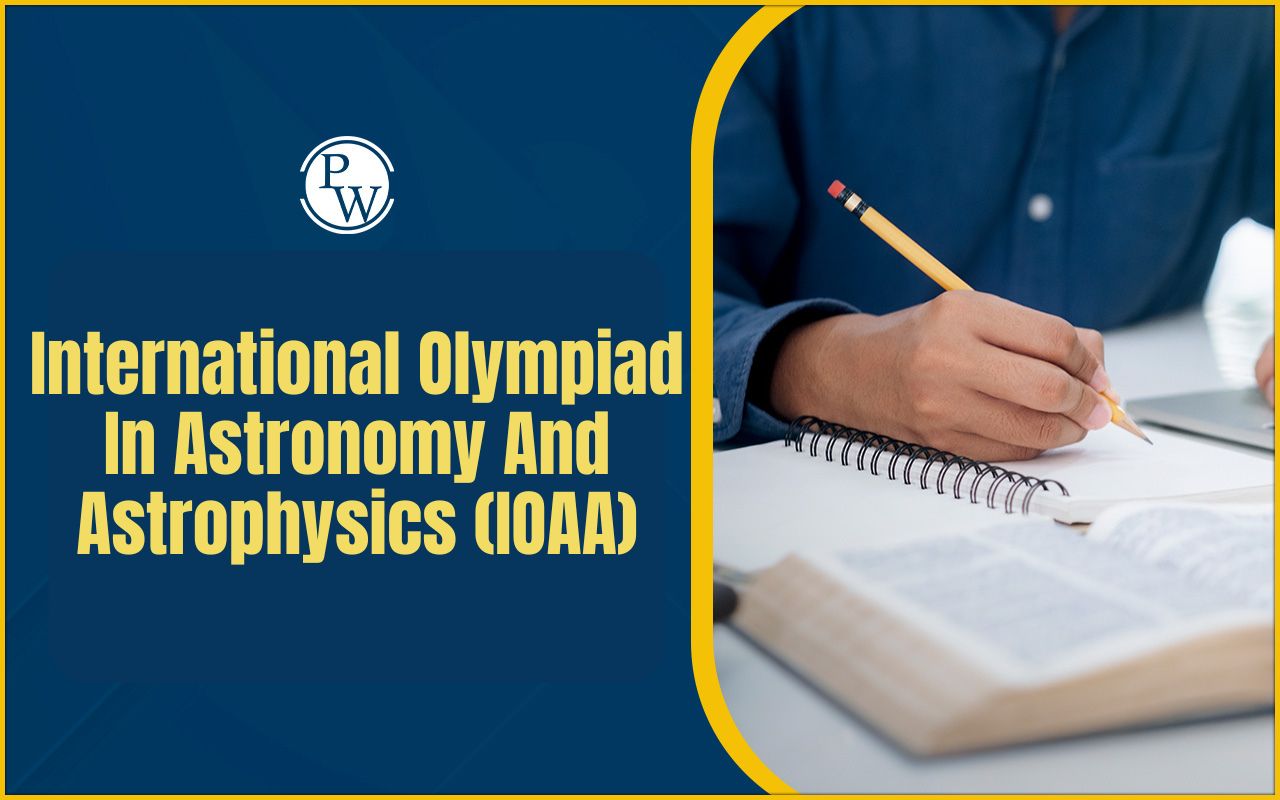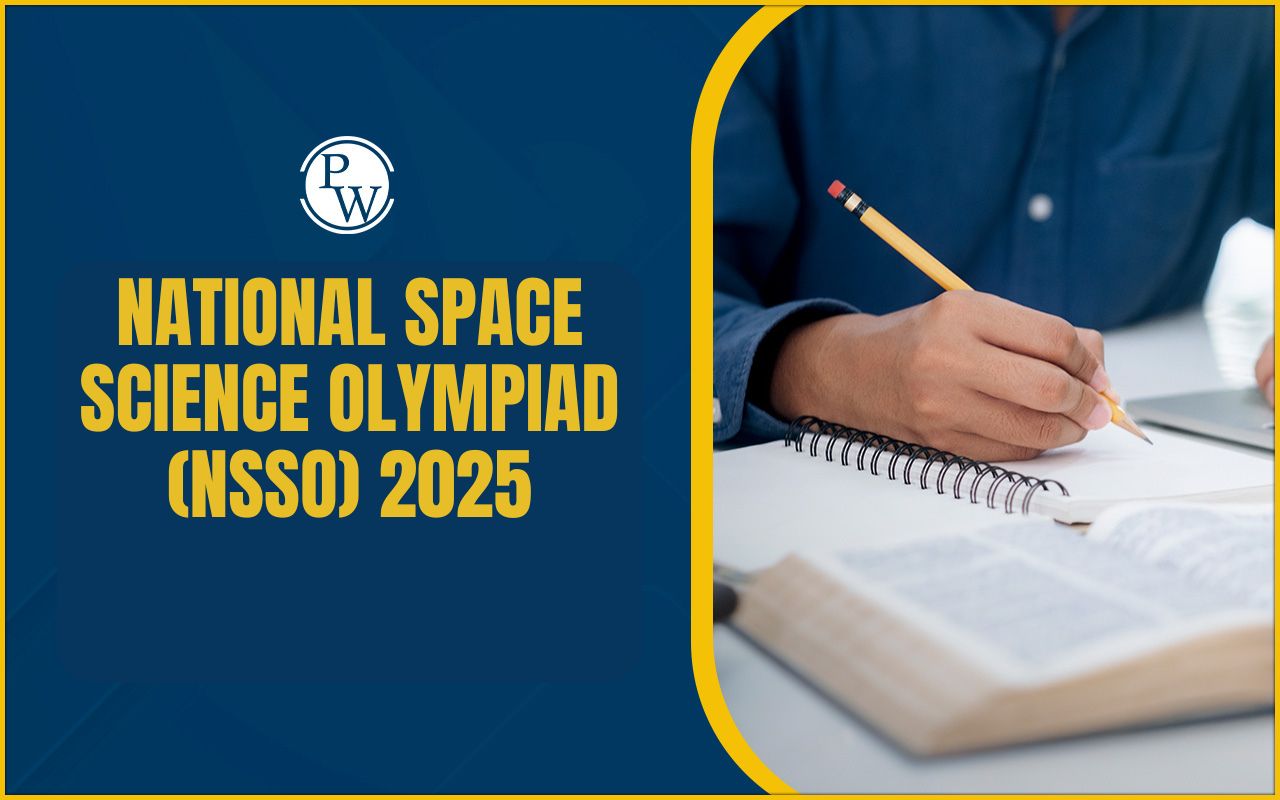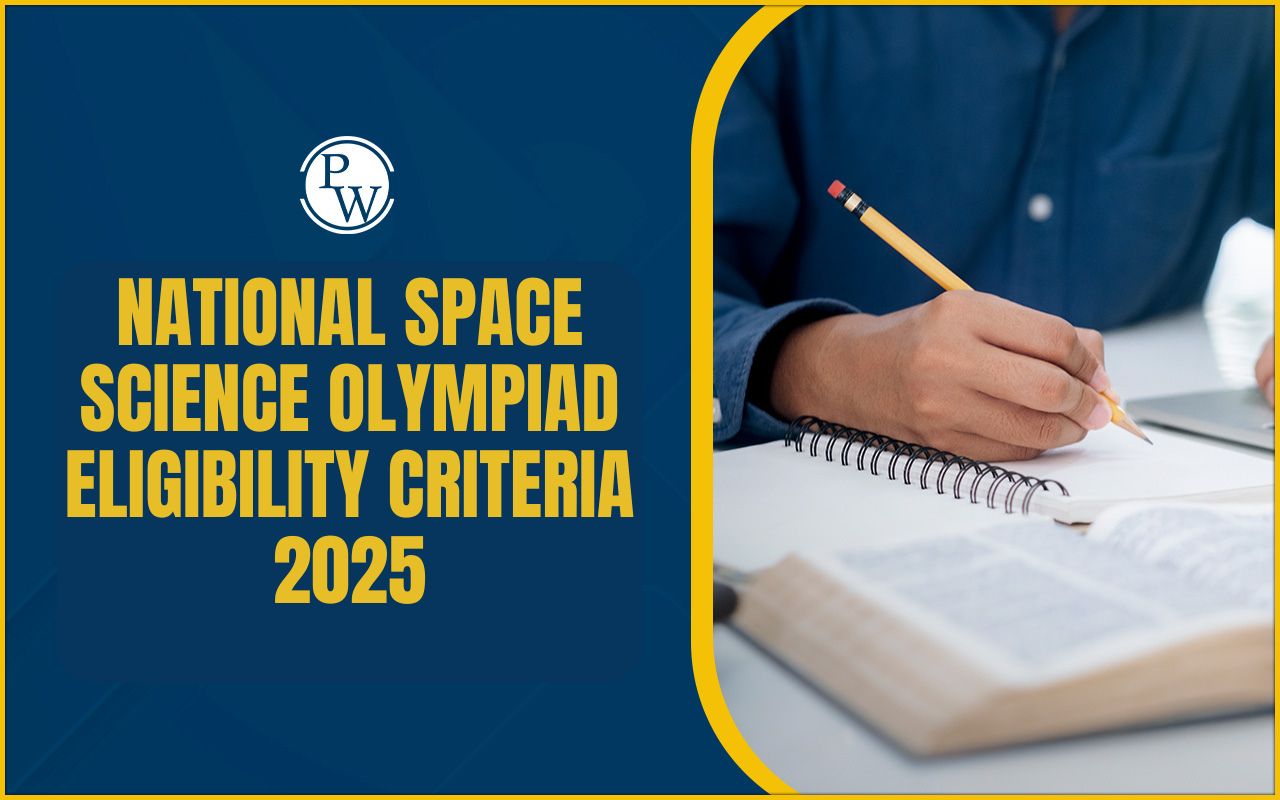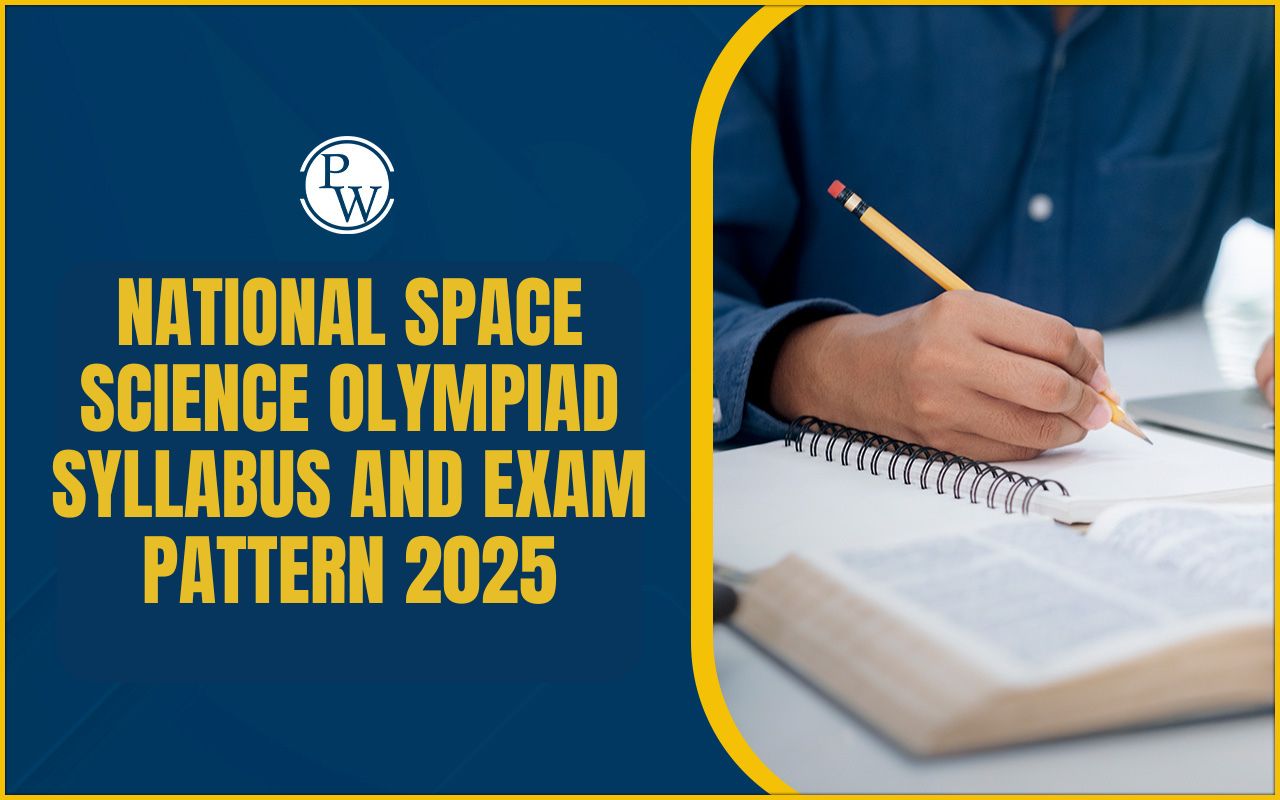
NSEA Exam Date 2025: The Indian Association of Physics Teachers (IAPT) has officially released the NSEA Exam Date 2025 for students preparing for the first stage of the International Astronomy Olympiad. The National Standard Examination in Astronomy (NSEA) is one of the most-awaited Olympiad exams for science enthusiasts across India.
Students who have successfully registered for the NSEA 2025-26 Exam can access their NSEA Admit Card 2025 through the official website of the Indian Association of Physics Teachers (IAPT) – iapt.org.in. The admit card is available online only, and candidates must log in using their registration number and date of birth to download it.
NSEA Admit Card 2025 Out
NSEA Admit Card 2025 for the exam, which is scheduled for November 22, 2025, is now available at https://www.iapt.org.in/. Check the download instructions for the NSEA 2025 Hall Ticket, exam guidelines, etc.
For students' convenience, we have also updated this website with a direct link to the IAPT Admit Card 2025 download. Candidates will not be allowed to enter the exam hall without their valid admit card.
NSEA Exam Date 2025
The NSEA Exam Date 2025 has been announced by IAPT. The exam will be held on November 22, 2025, at various centres across the country.
The exam acts as the entry point to the Indian National Astronomy Olympiad, which is the second stage and is open only to around 300 of the highest-scoring candidates.
The National Standard Examination in Astronomy (NSEA) marks the first step toward the International Astronomy Olympiad and is considered one of the most respected competitions for students of Classes 11 and 12 in India.
Also Read: NSEA Previous Year Question Papers
NSEA Astronomy Olympiad Date 2025
The NSEA 2025 exam to be organized at various examination centres between 2:30 pm and 4:30 pm at various exam centres across India. Below, we have shared the important schedule details for the NSEA Astronomy Olympiad 2025 to help students who plan to take the exam
|
NSEA Astronomy Olympiad Date 2025 |
|
|
Organization |
IAPT (Indian Association of Physics Teachers) in collaboration with HBCSE (Homi Bhabha Centre for Science Education), |
|
Exam Name |
National Standard Examination in Astronomy (NSEA) 2025 |
|
NSEA Exam Date 2025 |
22nd November 2025 |
|
NSEA Exam Timing |
2.30 pm to 4.30 pm |
|
Mode of Exam |
Offline |
|
No of Questions |
Multiple Choice Questions (MCQs) - 60 Questions |
|
Total Marks |
216 |
|
Negative Marking |
One mark for incorrect responses |
|
Official Website |
https://www.iapt.org.in/ |
NSEA 2025 Important Dates
Candidates must keep track of these NSEA 2025 important dates to avoid missing any deadlines. Here is a quick look at the important dates related to NSEA 2025:
|
NSEA 2025 Important Dates |
|
|
Event |
Date (2025) |
|
NSEA Registration Start Date |
September 2025 |
|
NSEA Registration Last Date |
October 2025 |
|
NSEA Exam Date |
November 2025 |
|
NSEA Admit Card Release Date |
October 2025 |
|
NSEA Result Declaration |
December 2025 |
INAO Previous Year Question Paper
NSEA Syllabus 2025
The National Standard Examination in Astronomy (NSEA) syllabus is largely based on the topics taught in Classes 11 and 12 under CBSE, ICSE, and other state boards. While the focus is on physics and mathematics, some basic concepts of astronomy are also included.
Key areas covered in the NSEA syllabus include:
-
Physics (Class 11 & 12 level): Mechanics, Waves, Optics, Thermodynamics, Electricity & Magnetism, Modern Physics
-
Mathematics: Algebra, Trigonometry, Coordinate Geometry, Calculus, Probability, and Statistics
-
Astronomy Basics: Celestial sphere, astronomical terminology, coordinates, planetary motion, constellations, and observational astronomy fundamentals
The exam does not require advanced knowledge of astronomy beyond the senior secondary level. However, students should be comfortable applying physics and math concepts to solve astronomy-related problems.
Also Read: NSEA Answer Key
NSEA Exam Pattern 2025
-
Mode of Exam: Offline (pen and paper-based)
-
Type of Questions: Multiple Choice Questions (MCQs)
-
Number of Questions: 60 MCQs
-
Total Marks: 216 marks
-
Duration: 2 hours
-
Medium of Paper: English and Hindi (choice given during registration)
-
Marking Scheme: Each correct answer carries +3 marks, while an incorrect answer results in a -1 mark.
The exam is designed to test analytical thinking, problem-solving ability, and conceptual understanding rather than rote learning.
NSEA Olympiad Preparation Tips 2025
-
Know the syllabus well – Focus on Physics, Mathematics (Class 11 & 12 level), and basics of Astronomy.
-
Plan a timetable – Dedicate fixed hours daily to concepts, problem-solving, and revision.
-
Solve past year papers – Understand question patterns, marking scheme, and frequently asked topics.
-
Strengthen fundamentals – Revise mechanics, optics, thermodynamics, electromagnetism, and modern physics.
-
Practice numerical problems – Focus on speed and accuracy; avoid guesswork due to negative marking.
-
Use standard resources – NCERT Physics, HC Verma, I.E. Irodov, and basic astronomy books.
-
Take mock tests – Simulate exam conditions and track progress regularly.
-
Revise formulas & concepts – Create short notes or flashcards for quick recall.
-
Discuss with peers/mentors – Group study or guidance can clear doubts faster.
-
Stay calm & healthy – Balanced diet, proper sleep, and regular breaks boost concentration.
NSEA Exam Date FAQs
What is the NSEA Exam Date 2025?
Who conducts the NSEA Olympiad Exam?
What does the exam include?
What is the NSEA Exam Schedule and Mode?
What is the Syllabus and Exam Pattern for NSEA Olympiad 2025?

